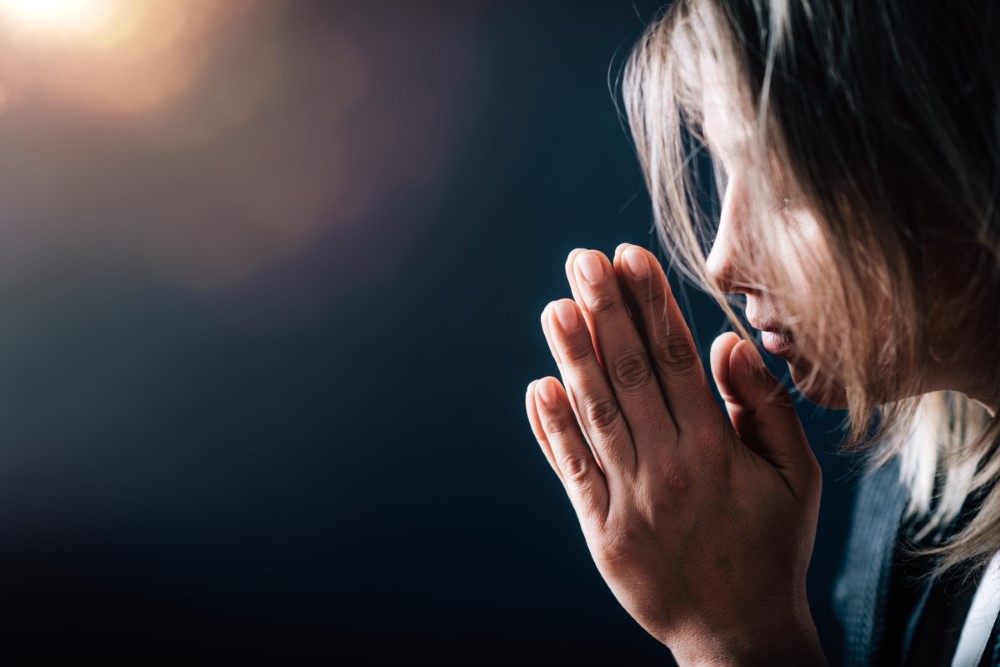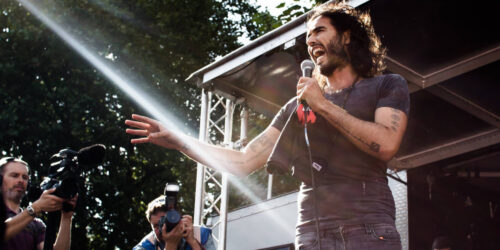Unveiling Traditional Healing Methods:
- Overview: Traditional healers employ herbs, minerals, incantations, and cultural practices in their community-based medical care. Rooted in cultural beliefs, these methods reflect a holistic approach to healing.
- Link to Traditional Healing and Modern Addiction Therapy: As we explore bridging the gap between traditional healing and modern addiction therapy, understanding the foundational methods of traditional healers becomes essential. The integration of cultural practices into addiction treatment offers a holistic perspective on healing.
2. Advantages of Traditional Healing Practices:
- Holistic Health Benefits: Traditional healing practices offer multifarious health benefits, from lower blood pressure to enhanced mood and energy levels. This holistic approach aligns with the comprehensive nature of modern addiction therapy, emphasizing overall well-being.
- Link to Traditional Healing and Modern Addiction Therapy: In the context of modern addiction therapy, acknowledging the advantages of traditional healing practices sheds light on the potential synergies. Exploring these benefits within addiction treatment enhances the understanding of holistic recovery approaches.
3. Traditional Healing in Patient Treatment:
- Muthi and Symbolic Medications: Traditional healers administer muthi—medications infused with spiritual significance—to patients, often using plant, animal, and mineral-based ingredients. The symbolism of these treatments, such as lion fat promoting courage, adds a unique layer to patient care.
- Link to Traditional Healing and Modern Addiction Therapy: Integrating traditional healing practices into modern addiction therapy involves understanding symbolic treatments. Exploring the role of symbolism in patient care provides insights into potential bridges between traditional and modern approaches.
4. Global Landscape of Traditional Methods:
- WHO Report Insights: According to the WHO Global Report on Traditional and Complementary Medicine, traditional methods worldwide include acupuncture, herbal medicines, and various indigenous practices. Acknowledging this global landscape broadens the perspective on traditional healing.
- Link to Traditional Healing and Modern Addiction Therapy: Examining the global prevalence of traditional methods sets the stage for understanding their integration into modern addiction therapy. The diversity of traditional practices contributes to a comprehensive view of potential therapeutic options.
5. Bridging Traditional Healing and Modern Medicine:
- Defining Contrasts: Traditional healing, rooted in natural remedies and cultural rituals, contrasts with modern medicine’s scientifically approved therapies. Bridging the gap between these approaches requires a nuanced understanding of their differences and potential complementary roles.
- Link to Traditional Healing and Modern Addiction Therapy: Investigating the contrast between traditional healing and modern medicine forms a foundational understanding for bridging the gap in addiction therapy. Recognizing the distinctive aspects of each approach informs a more comprehensive and integrated approach to treatment.
In envisioning the future impact of bridging traditional healing and modern addiction therapy, you are likely to witness a transformative shift in addiction treatment. By embracing the synergies between these two approaches, a more holistic and personalized recovery journey awaits you. The integration of traditional healing practices into modern therapy not only adds cultural richness but also provides a comprehensive strategy, addressing the multifaceted aspects of addiction.
As you explore the integration of traditional healing practices into modern addiction treatment, you may encounter the unique aspect of symbolic healing. Traditional healers often use symbolism in their treatments, such as the use of specific ingredients for their symbolic significance. This integration adds a nuanced layer to your recovery journey, tapping into the power of symbolism to enhance resilience, courage, and overall well-being.
Global Insights, Diverse Solutions
The future impact of bridging traditional healing and modern addiction therapy extends beyond individual journeys. By understanding the diverse global landscape of traditional healing methods, you gain insights into a plethora of potential solutions. This inclusivity allows for a more tailored and culturally sensitive approach to addiction treatment, ensuring that strategies align with a broad spectrum of cultural perspectives and beliefs.
The integration of traditional healing practices into modern addiction therapy is poised to redefine patient-centered care. Your unique needs, values, and cultural background will play a pivotal role in shaping your treatment plan. This personalized approach fosters a deeper connection between you and your treatment journey, ensuring that the therapeutic interventions resonate with your individual experiences and preferences.
A Holistic Tapestry of Recovery
In the evolving landscape of addiction treatment, the bridging of traditional healing and modern therapy creates a holistic tapestry of recovery. This integration is not about replacing one approach with another but rather about weaving together the strengths of both. As you embark on this journey, you will witness the emergence of a more comprehensive and inclusive framework, offering you a diverse array of tools for your recovery toolkit.
I invite you to delve deeper into the fascinating intersection of traditional healing practices and modern addiction therapy. This innovative approach to recovery is not just about blending two worlds; it’s about creating a harmonious path that respects both ancient wisdom and contemporary scientific advancements. Your insights, experiences, and thoughts on this topic are invaluable. Let’s engage in a meaningful dialogue that explores how these diverse practices can be integrated to offer a more holistic and personalized approach to addiction treatment. Your participation in this conversation is crucial in shaping a more inclusive and effective path to recovery.








